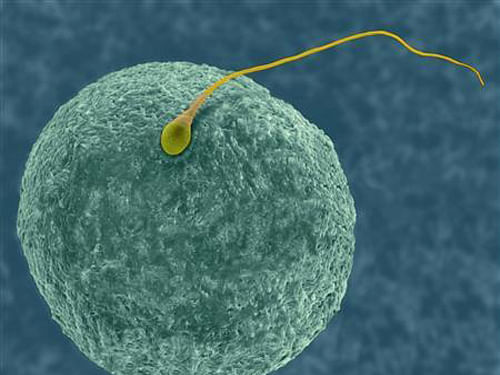
Representative image.
Reuters file photo
Exposure to the widely-used herbicide clethodim can significantly impact male reproductive function and early embryonic development, finds a joint study conducted by Manipal Academy of Higher Education (MAHE) and Yenepoya Research Center, Mangaluru.
The study suggests the need to reconsider the use of clethodim, an approved herbicide, in agriculture and landscaping.
The study, published in the journal Chemosphere, used mice models to study the consequences of clethodim exposure. It showed a range of effects, including reduced testicular weight, lower levels of serum testosterone, sperm abnormalities, and compromised pre-implantation embryo development.
Dr Satish Kumar Adiga, who heads the Centre of Excellence in Clinical Embryology at Kasturba Medical College, MAHE, said that the connection between environmental pollutants and compromised sperm function has been a pressing concern in recent years.
Experts from the National Institute of Technology, Calicut, King Khalid University in Saudi Arabia, and Mayo Clinic in the USA were also involved in the study.
The study’s co-author Dr Nagarajan Kannan of Mayo Clinic said that clethodim should be tested comprehensively and that the standards for formulating new herbicides should be upgraded.